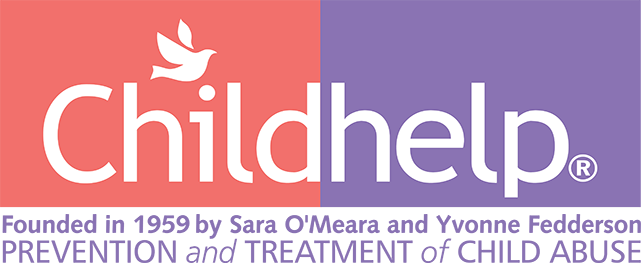
Neglect is a failure to provide certain basic necessities of life, including food/water, adequate shelter, or appropriate supervision. Not getting medical care or not being taken to school may also classify as neglect.
Physical neglect can include:
- Deserting or refusing custody of a child or leaving a child in another’s custody for days or weeks at a time
- Failing to provide enough healthy food and drink
- Failing to provide clothes that are appropriate to the weather
- Failing to ensure adequate personal hygiene
- Failing to supervise a child appropriately
- Exposing a child to unsafe/unsanitary environments or situations

Emotional neglect can include:

- Ignoring a child’s need for attention, affection and emotional support
- Exposing a child to extreme or frequent violence, especially domestic violence
- Permitting a child to use drugs, use alcohol, or engage in crime
- Keeping a child isolated from friends and loved ones
Medical neglect can include:
- Not taking child to hospital or appropriate medical professional for serious illness or injury
- Keeping a child from getting needed treatment
- Not providing preventative medical and dental care
- Failing to follow medical recommendations for a child

Educational neglect can include:

- Allowing a child to miss too much school
- Not enrolling a child in school (or not providing comparable home-based education)
- Keeping a child from needed special education services
Signs of neglect can include:
- Clothing that is the wrong size, in disrepair, dirty, or not right for the weather
- Often hungry, stockpiles food, seeks food, may even show signs of malnutrition (like distended belly, protruding bones)
- Very low body weight, height for age
- Often tired, sleepy, listless
- Hygiene problems, body odor
- Talks about caring for younger siblings, not having a caregiver at home
- Untreated medical and dental problems, incomplete immunizations
- Truancy, frequently incomplete homework, frequent changes of school

The laws that define child abuse in each state vary, so investigations look different in every state. If you are experiencing any type of abuse or have questions—please feel free to reach out to the Childhelp National Child Abuse Hotline by calling or texting 1-800-422-4453. Whatever you are feeling is valid and we want to help.
